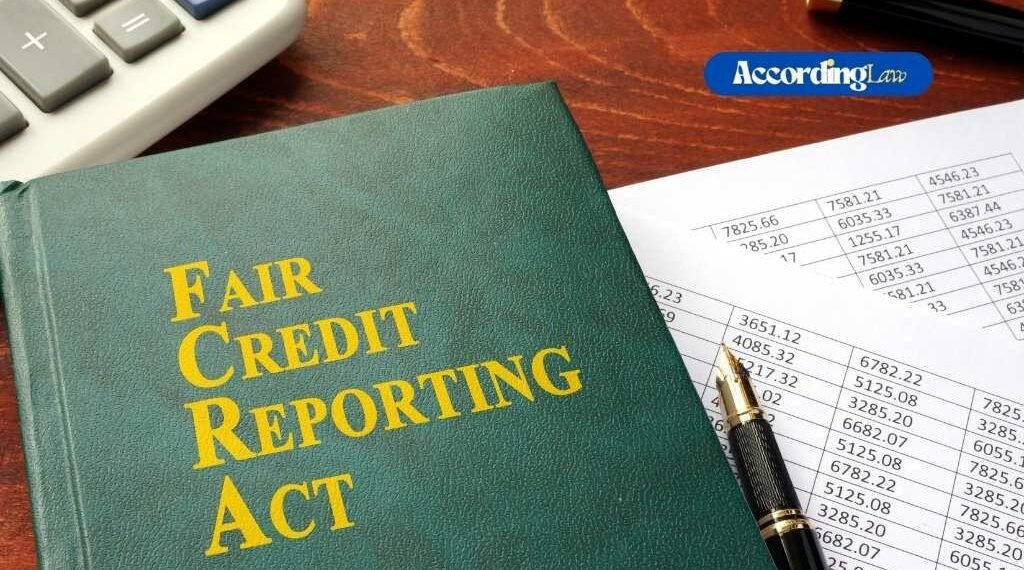The Fair Credit Reporting Act (FCRA) is a cornerstone of consumer protection in the United States, ensuring that credit reporting agencies (CRAs) like Equifax, Experian, and TransUnion handle your credit information with accuracy and fairness. When these agencies, or other entities like creditors or employers, violate the FCRA, the consequences can be severe, affecting your ability to secure loans, jobs, or even housing.
Fair credit reporting act lawyers play a vital role in addressing these violations, guiding consumers through the legal process to correct errors and seek justice. In this article, we’ll explore how attorneys handle FCRA claims, the steps involved, and why their expertise is critical for achieving a favorable outcome.
Table of Contents
What Is an FCRA Claim?
An FCRA claim arises when a consumer’s rights under the Fair Credit Reporting Act are violated. These violations can include inaccurate credit reporting, failure to investigate disputes, unauthorized access to credit reports, or improper use of credit information. FCRA claims aim to hold CRAs, creditors, or other entities accountable for their actions, seeking remedies such as corrected credit reports, financial compensation, and legal fees.
Attorneys who specialize in FCRA claims are skilled at navigating the complexities of federal law and advocating for consumers who’ve been harmed by violations. Their work ensures that consumers can restore their financial reputation and recover damages caused by negligence or misconduct.
Steps Attorneys Take to Handle FCRA Claims
FCRA attorneys follow a structured process to build and resolve claims effectively. Here’s a breakdown of how they handle these cases:
Initial Consultation and Case Evaluation
The process begins with a consultation, where the attorney listens to your concerns and reviews any evidence you’ve gathered, such as credit reports, dispute letters, or correspondence with CRAs. They’ll assess whether your situation involves an FCRA violation, such as:
During this stage, the attorney will explain your rights under the FCRA and outline potential outcomes, such as correcting errors or pursuing damages.
Gathering Evidence
To build a strong case, attorneys collect detailed evidence to support your claim. This may include:
Attorneys may also request additional information from CRAs or creditors to uncover procedural failures or patterns of misconduct.
Filing a Formal Dispute
If you haven’t already disputed the inaccurate information with the CRA, your attorney will guide you through the process or handle it on your behalf. The FCRA requires CRAs to investigate disputes within 30 days and correct errors. Attorneys ensure the dispute is properly documented and submitted, increasing the likelihood of a resolution without litigation.
If the CRA fails to correct the issue or violates other FCRA provisions, this strengthens your case for further legal action.
Negotiating with CRAs or Creditors
Many FCRA claims are resolved through negotiations before reaching court. Attorneys communicate with CRAs or creditors to demand corrections to your credit report and seek compensation for damages. Their knowledge of FCRA regulations allows them to push for favorable settlements, which may include:
Filing a Lawsuit
If negotiations fail or the violation is severe, your attorney may recommend filing a lawsuit against the CRA, creditor, or other responsible party. The lawsuit will detail the FCRA violations, the harm caused, and the remedies sought. Attorneys prepare legal documents, gather evidence, and represent you in court, leveraging their expertise to argue your case effectively.
Pursuing Damages
FCRA claims can result in various types of damages, depending on the violation’s impact. Attorneys work to secure:
Monitoring and Follow-Up
After resolving the claim, attorneys ensure that CRAs or creditors comply with settlement agreements or court orders, such as correcting your credit report. They may also advise you on monitoring your credit to prevent future issues and protecting your rights under the FCRA.
Common Challenges in FCRA Claims
FCRA cases can be complex due to the following challenges:
FCRA Attorney overcome these challenges by leveraging their legal expertise, negotiation skills, and familiarity with the credit reporting industry.
Why Hire an FCRA Attorney?
Attempting to handle an FCRA claim on your own can be overwhelming, especially when dealing with unresponsive CRAs or complex legal processes. Here’s why an attorney is essential:
Many FCRA attorneys work on a contingency basis, meaning you pay nothing upfront, and they only collect fees if you win your case.
Tips for Consumers Facing FCRA Issues
If you suspect an FCRA violation, take these steps to strengthen your claim:
Conclusion
FCRA attorneys are indispensable allies for consumers facing credit reporting violations. From investigating errors to negotiating settlements or filing lawsuits, they guide you through every step of the process, ensuring your rights are protected and your financial reputation is restored. If you’ve been harmed by inaccurate credit reports, unauthorized inquiries, or other FCRA violations, don’t hesitate to seek legal help. An experienced attorney can make all the difference in resolving your claim and securing the justice you deserve.
For personalized advice, contact an FCRA attorney today and take the first step toward reclaiming control over your credit and financial future.


